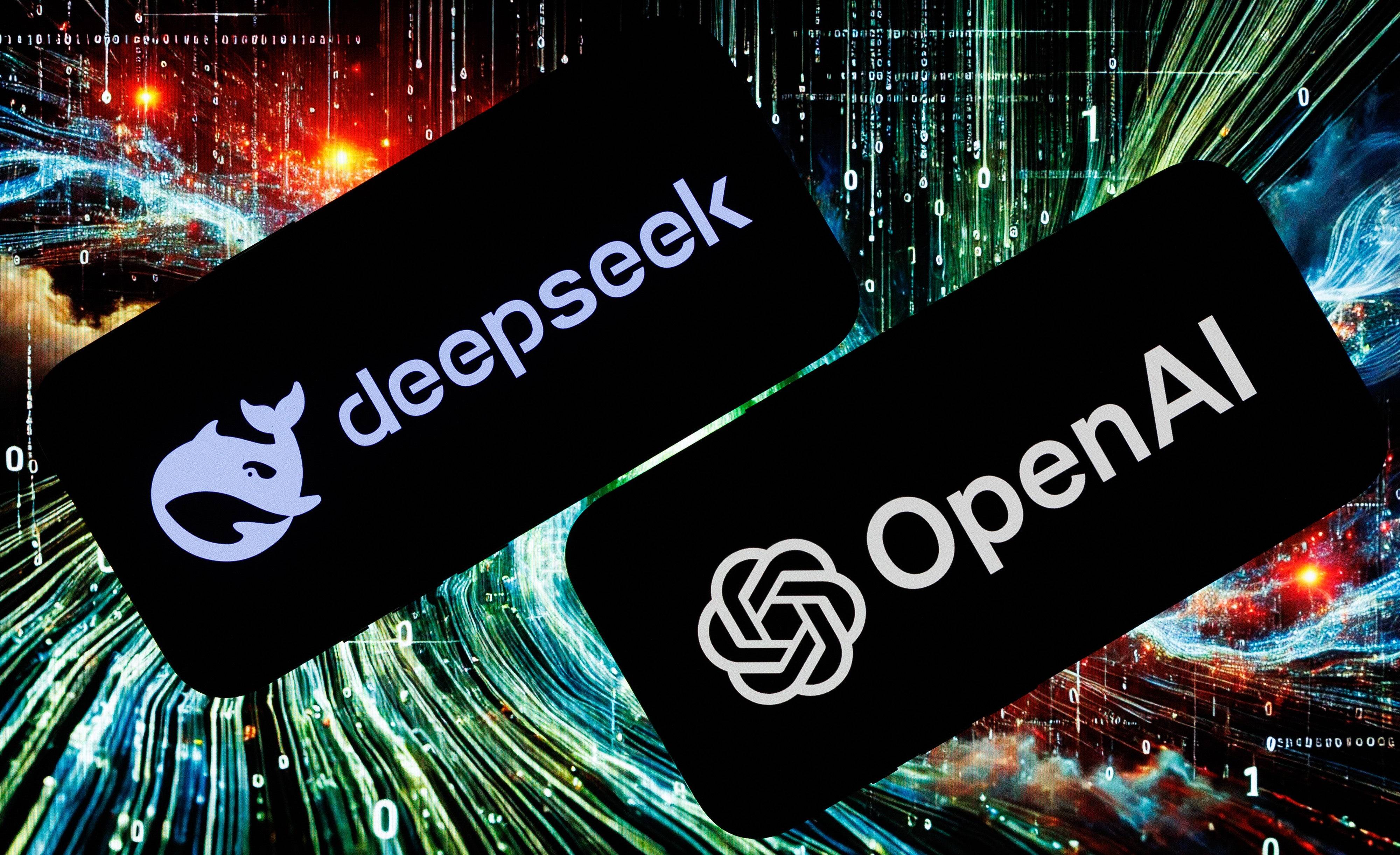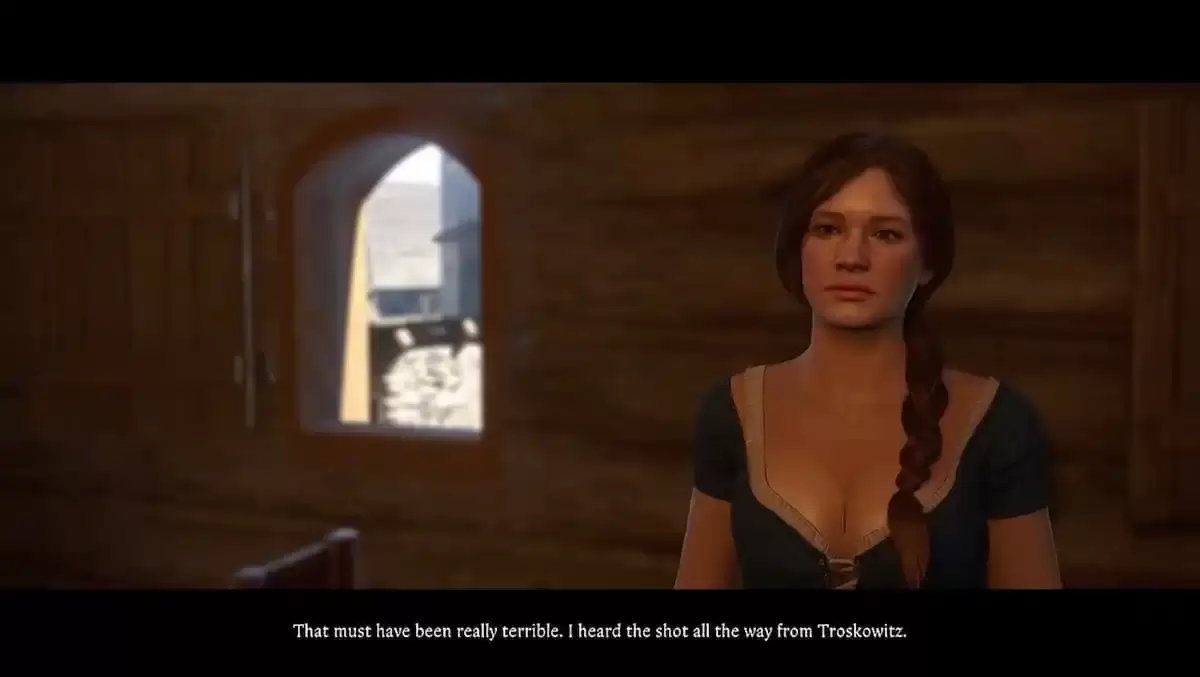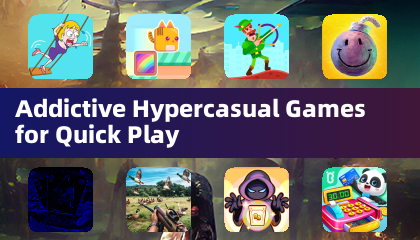The emergence of DeepSeek AI, a Chinese-developed model, has sparked significant controversy and concern within the U.S. tech industry. The suspicion that DeepSeek's models may have been trained using data from OpenAI has led to a sharp reaction from industry leaders and political figures alike. Donald Trump has labeled DeepSeek as a "wake-up call" for the U.S. tech sector, especially after Nvidia, a key player in AI hardware, experienced a historic $600 billion drop in market value. The ripple effect was felt across the industry, with major companies like Microsoft, Meta Platforms, and Google's parent company Alphabet also seeing declines in their stock prices.
DeepSeek's R1 model, built on the open-source DeepSeek-V3, claims to offer a cost-effective alternative to Western AI models like ChatGPT, with significantly lower computing power requirements and a reported training cost of just $6 million. This has led to skepticism about the claims and raised questions about the massive investments U.S. tech giants are making in AI development. The model's popularity surged, topping the U.S. free app download charts amid discussions about its effectiveness.
OpenAI and Microsoft are now investigating whether DeepSeek used OpenAI's API to integrate OpenAI's models into their own, a practice known as distillation, which violates OpenAI's terms of service. OpenAI has emphasized its efforts to protect its intellectual property and is working closely with the U.S. government to safeguard its technology from competitors and adversaries.
David Sacks, Trump's AI czar, highlighted the evidence suggesting DeepSeek distilled knowledge from OpenAI's models, predicting that leading U.S. AI companies would take steps to prevent such practices in the future. However, the situation has been met with irony and criticism, particularly from tech commentator Ed Zitron, who pointed out OpenAI's own history of using copyrighted internet content to train ChatGPT.
OpenAI has previously argued that training AI models without copyrighted material is "impossible," a stance that has fueled ongoing debates about the ethics and legality of AI training data. This issue has been thrust into the spotlight with lawsuits from the New York Times and a group of authors, including George R. R. Martin, against OpenAI and Microsoft for the alleged misuse of copyrighted content. Additionally, a U.S. Copyright Office ruling that AI-generated art cannot be copyrighted underscores the complex legal landscape surrounding AI and intellectual property.
















